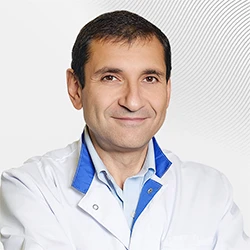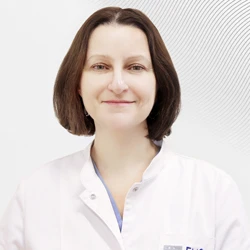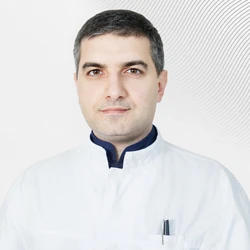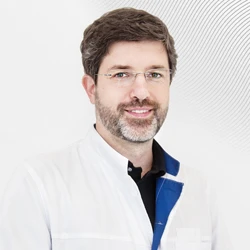In recent years, inflammatory bowel diseases have been increasingly detected not only in adults, but also in children. Ulcerative colitis is a severe inflammatory disease affecting the large intestine, as a result of which edema develops in the intestine, the mucous membrane collapses with the formation of erosions and ulcers. The disease is indicated by the appearance of diarrhea, blood and mucus in the stool, as well as pain. The disease can be caused by a hereditary predisposition, as well as intestinal infections and environmental factors.
It should be noted that the advent of biological anti-cytokine drugs has made a real revolution in the treatment of severe intestinal diseases such as ulcerative colitis and Crohn's disease. New treatments have given patients a chance to lead a fulfilling life and avoid, or seriously delay, surgery.
The Expert Council of the Society for the Study of Inflammatory Bowel Diseases, held under the auspices of the Russian Gastroenterological Association, recently took place. The meeting was attended by leading international experts. The event was timed to coincide with the registration of new treatment regimens for ulcerative colitis. So far, only one drug has been used in the treatment of this disease in the Russian Federation. The Expert Council pointed to the experience of using anti-cytokine therapy in the treatment of patients with inflammatory bowel diseases, noted the increase in its importance at the present stage, the importance of developing this area and the emergence of new drugs with better properties.
For the first time in Russia, complete clinical trial data is presented. It should also be noted that the significant clinical effect was already 2 weeks after the start of therapy. The healing efficiency of intestinal lesions is about 65-72% during 6 weeks of treatment. The new treatment regimens are included in clinical guidelines and standards for use in Russian gastroenterological clinical practice. This allows for effective treatment of ulcerative colitis, including clinical remission without steroids, healing of the colon mucosa, and improved quality of life for patients.
Was this information helpful?
Questions and answers
How to lose weight correctly
I am 53 years old, my weigh is 116 kg. In 1988, my metabolism was probably, disturbed following the first childbirth. I gained weight, and since then I have been trying to fight with it periodically. I eat a lot of sweets however glucose is now normal and it always was. With age, my legs and back started to hurt me,
it is hard to “move” myself. I have undergone an examination in the district hospital, but nothing special was found. What tests and examinations I should bring to the doctor to get a diagnosis and treatment? Thank you!
...more Unfortunately, doctors not always can find the cause of excess weight. But this does not mean that there are ways to deal with it. Of course, it is not easy, but you definitely should try! At the first consultation it is desirable to have blood tests results, obtained no more than 6 months ago, total cholesterol,
glucose, glycated hemoglobin. Notes in the diary of blood pressure for 1-2 weeks are also important. Most likely, the doctor will arrange some additional examinations at visit, but everything is very individual and it's better to discuss all details with the doctor personally. You surely have to bring the results of previous all examinations with you.
...more 
Novikova Polina
08 September 2016
Question about ultrasound
I am 36 years old. Thyroid gland ultrasound: topography: position is regular, the right lobe is enlarged W-24 mm, t-22 mm, l- 51 mm, the volume is 12.90 cm3, left lobe enlarged, W -23 mm, t-23 mm, l-56 mm, volume is 14,90 cm3, isthmus thickness is 5 mm, the total volume is 27.09 cm3, alignments are even,
echostructure is inhomogenous, echogenicity is normal, focal masses are not seen, lymph nodes are not seen, conclusion; ultrasound signs of diffuse changes in the enlarged thyroid gland. TSH 2.10 mcIU/ml (normal range 0.30-4.00). The doctor prescribed Iodocomb 50/150 for 3 months. I have been taking the medicine for 2.5 months, but TG does not seem to diminish in size and I feel discomfort (it’s like a need to stretch my neck). Whether the treatment prescribed is correct? Are any additional tests needed? Should I have my thyroid gland diminished for those 2.5 months or it is too early to talk about it? Thank you!
...more It's hard to advice any treatment by correspondence. The cause of the thyroid gland enlargement is still unclear based on the results provided. The most common cause is iodine deficiency and Iodocomb treatment is appropriate in this case. Another cause is a chronic autoimmune thyroiditis which requires different
treatment. Endocrinologists at EMC will advise you and decide on the types of treatment and necessary doses.
...more 
Russ Irina
08 September 2016
Arthrosis
My left jaw started to hurt me after giving birth. The pain was accompanied by a crunch, clicks, discomfort when chewing. Arthrosis was diagnosed at local institution. What should I do?
The symptoms of pain and the crunch may occur following precipitating factors. It can be a trauma of the maxillofacial area, ENT-organs infections, sitting with mouth open for a long time when visiting the dentist, hypothermia, overload. Perhaps, pregnancy and childbirth were such a factor in your case. The treatment
goal in arthrosis is to reduce the load in temporomandibular joint. Treatment depends on the cause or the complex of causes that triggered the arthrosis. This may be due to the anatomical mismatch between the articular head size and the glenoid fossa. This also can be due to the long-term overload resulted from irregular bite and muscle imbalance. If increased tone of the masticatory muscles has led to increased abrasion of teeth, method of treatment with the restoration of the chewing surfaces and cutting edges of all teeth is optimal. But before that, splint therapy (mouth guards) is mandatory, which ensures the optimal position of the articular heads in articular fossae. Treatment is designed depending on the cause of changes in the joint. If the irregular bite is present pre-treatment by the orthodontist may be worthwhile.
...more
Problems with teeth
I have a huge problem with my teeth - all the teeth were treated, metalless ceramics were fixed in some places, a few teeth need to be removed. The treatment was carried out abroad, but the caries problem was beyond control, despite regular professional hygiene and specially selected tools. What range of dental
examinations, in addition to specialist’s consultation, I can count on in EMC Moscow?
...more Various dental diagnostic methods are available in our Dentistry Department: computed tomography of all teeth of both jaws, which gives a three-dimensional image and allows the doctor to more accurately diagnose; orthopantomography gives a flat image of all the teeth; the targeted x-ray tooth image. Tooth extraction
is performed surgically, mostly under local anesthesia. Diagnostic and treatment methods are determined individually by the attending doctor on consultation. Thank you for your message!
...more
How soon I may drive after LASIC?
When can I ride a car after LASIK?
Eyesight recovery is quite fast. Visual acuity is almost completely restored next morning, and most people can drive a car and get to work.

Elias Raid
08 September 2016





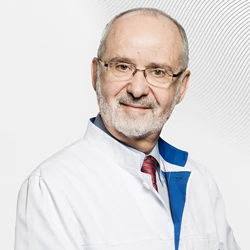
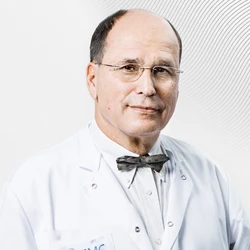
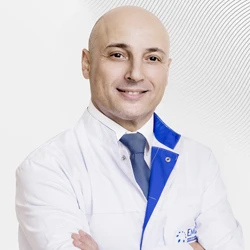
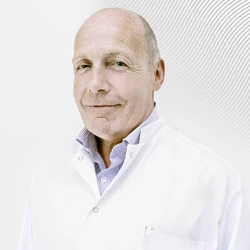
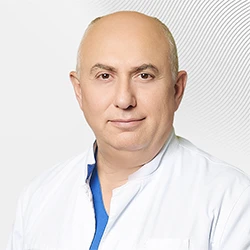
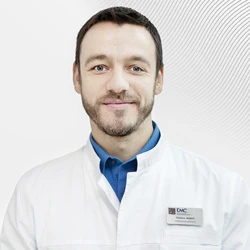
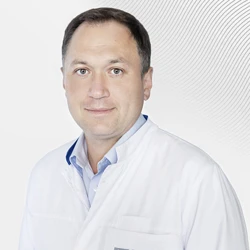
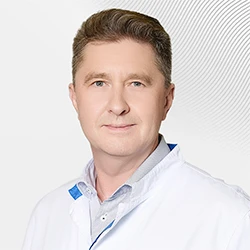

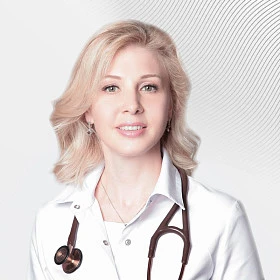
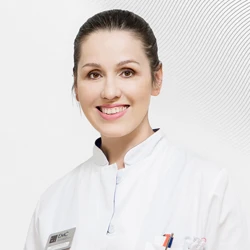
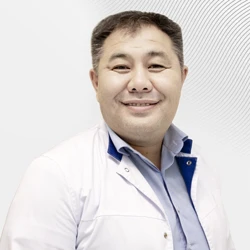
.webp)
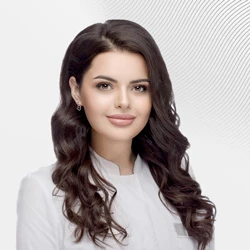
.webp)
